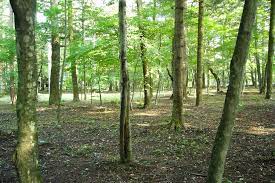Beavers have returned to the UK in the last couple of decades. Becoming extinct in the 16th century, Beavers were an important part of the UK ecosystem.
Beavers are incredible engineers. They build large pools, held back by dams, as well as canals running in many directions. One of the biggest bonuses of this behaviour, is to slow the speed that water has as it runs back into rivers and eventually the sea. This means that in areas where beavers exist, there remains plenty of water even in times during the year when there is little rain. The beaver pools are also fantastic for wildlife, from fish fry, to vast quantities of insects – which can increase farmers yields by pollinating the crops.
So what is the problem? Well, in many places in the country, farmers are now farming on low grade land, and some of this will be lost.
Given that beavers have only been in the UK for about 15 years, and the population only numbers a few thousand at most (while some populations like in Devon numbering in the hundreds or even approaching one thousand), in most of the country they are incredibly rare. Lethal methods of control should very rarely be required. In the vast majority of cases, the beavers should be worked around as the benefits they bring even to the farm are usually greater than the problems they cause. In the rare occasion where the beaver needs to be removed, then it is not necessary to kill it, with the numbers of beavers still so far below the carrying capacity of the UK, it would be relatively simple to catch it and to move it to a river which does not yet have enough.
While it may be cheaper in the short term, for both the farmer and the government, shooting the beaver is unlikely to deal with the problem. In many instances, it will not be long before another beaver takes up the area, which means that the problem is likely to occur again, furthermore, apart from the benefits for the local farm, the beavers behaviour has wider positive impacts.
If the government was to fund nature trusts in each county to help in this work, the price could be kept incredibly low, and the countries environment would benefit greatly








